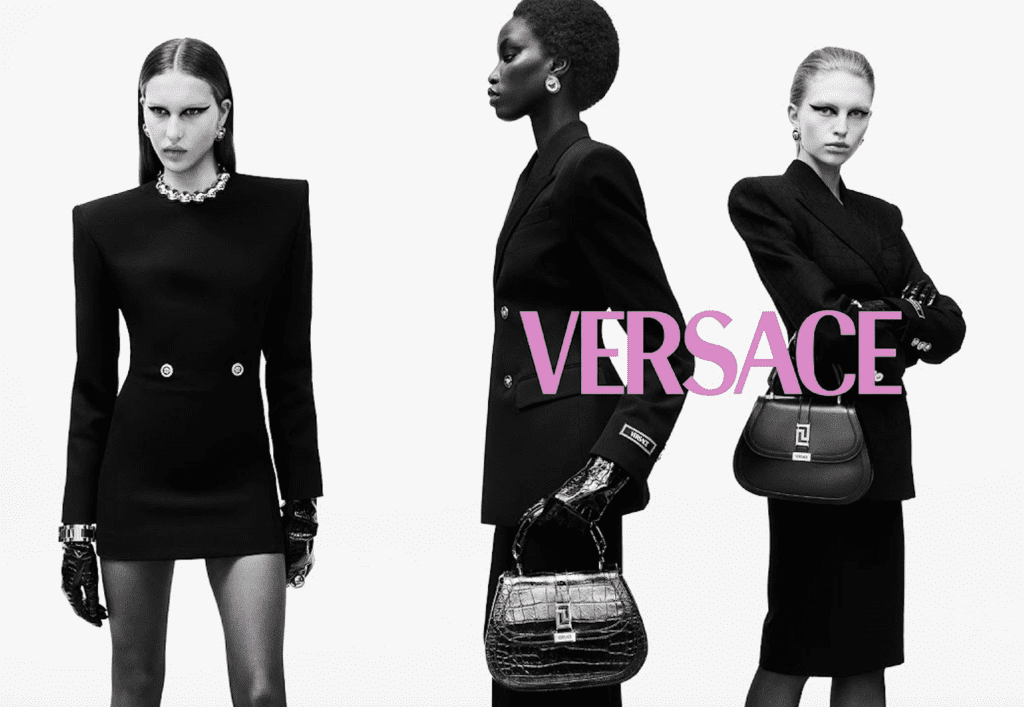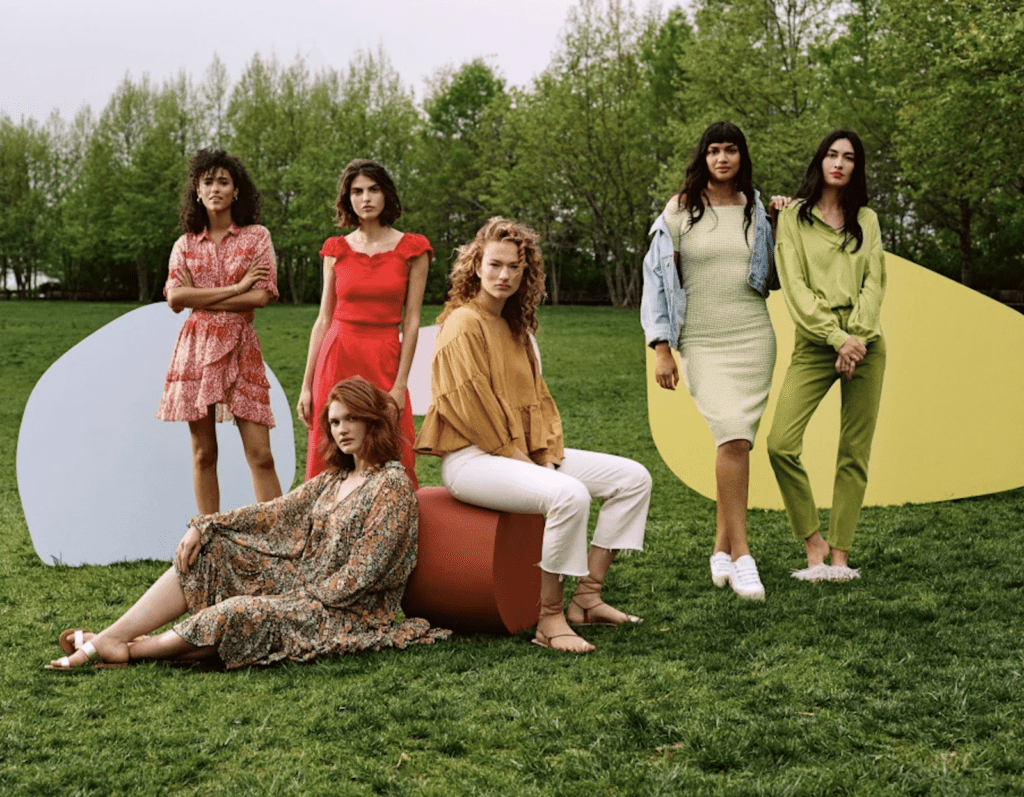Mystery boxes are the latest target of investment for LVMH’s Luxury Ventures, with the French luxury goods conglomerate’s fund among the parties to a $5 million round raised by Heat. OTB Group board member and BVX CEO Stefano Rosso, Singapore-headquartered VC firm Antler, L Catterton partner Michael Mitterlehner, Spotify Director of Global Growth Sven Ahrens, and the Hermès family are some of the other investors in London-based Heat’s seed round, the funds from which will be used to “implement gamification, AI-driven personalization, and interactive drops, all while driving sustainability,” the company revealed on Thursday.
Founded in 2019 by 20-somethings Joe Wilkinson and Mario Maher, Heat offers up two luxury goods-filled mystery boxes to consumers – one priced at £299 ($410) and the other at £500 ($687), with both offering over £500 GBP and £850 GBP – in furtherance of its aim to “disrupt the fashion industry with innovative, immersive e-commerce experiences.” According to Hypebeast, Heat has partnered with the likes of Haider Ackerman for a limited-edition box, and has also offered up a $440 YEEZY-filled box. More recently, the company “works directly with Off-White™ and Casablanca, while also offering boxes filled with goods from LVMH-owned LOEWE, Kering-owned Balenciaga, and more.”
In addition to acting as a way for brands to market themselves to consumers by way of an exciting medium and thus, for consumers to discover brands outside of more traditional marketing channels, Heat touts the concept of “circularity” as an integral aspects of its model thanks to the fact that mystery boxes provide brands with a way of off-loading previously unsold merchandise without having to mark it down in stores (something that brands have increasingly tried to move away from) or opting to destroy products, a practice that has consistently plagued brands with bad press and that has become the subject of formal regulation in countries like France amid a larger global rise in attention to ESG among consumers, investors, and lawmakers.
As TFL reported last fall, brands have been looking to mystery and/or subscription box services, such as those provided by Heat, for this precise purpose: in an attempt to “innovate around the issue of dead-stock discounting.” This has prompted “a growing number of companies to combine the inherent appeal of subscription commerce with the thrill of unboxing to turn unsold goods into a surprise hit.” The subscription box trend ramped up in 2020, according to commerce-focused site PYMNTS, starting in the streetwear space before eventually “crossing into luxury goods, as brands from Balenciaga to Palm Angels and more get curated and sent to subscribers who do not know exactly what [they are getting].”
Heat co-founder Joe Wilkinson previously told WWD that this is, in fact, a driver for brands to turn to the quickly-growing mystery box company, as brands are looking for “a new way of getting rid of the stock that protects the brand values.”
By partnering with companies like Heat, brands presumably stand to gain the ability to more closely control what the use of their goods looks like – from what products are included (it would not be surprising if brands want to avoid their produced being being included up alongside those of certain brands or in conjunction with the offerings of any other brands at all) to how the boxes, themselves, are marketed. In much the same way as brands have responded to other budding developments in the industry, such as the burgeoning market for pre-owned products, partnerships with the likes of Heat and co. may be a way for luxury brands to test the water and may prove to represent the first step towards ultimately bringing endeavors like mystery and/or subscription boxes closer to home, either by building out an in-house venture or by way of M&A, making this an area worth keeping an eye on.
The investment of LVMH’s Luxury Ventures further increases the stakes in the space, as this would not be the first time that it has had its finger on the pulse when it comes to budding developments in the streetwear space. For instance, the fund – which was rolled out by LVMH in 2017 with the aim of buying stakes in “luxury companies with sales of between 2 million and 5 million euros ($5.4 million) and a high-growth potential” – invested in streetwear and sneaker reseller Stadium Goods back in February 2018, ultimately off-loading its stake in the company a year later as part of a $250 million acquisition by Farfetch. Luxury goods groups have since doubled-down on the secondary market for streetwear and sneakers, with GOAT Group announcing early last year that it would welcome a “strategic investment” from Groupe Artémis – the controlling shareholder of Kering – as it “continues its expansion in fashion apparel and new categories.”
Artémis has since invested in men’s fashion and streetwear-centric marketplace Grailed.











